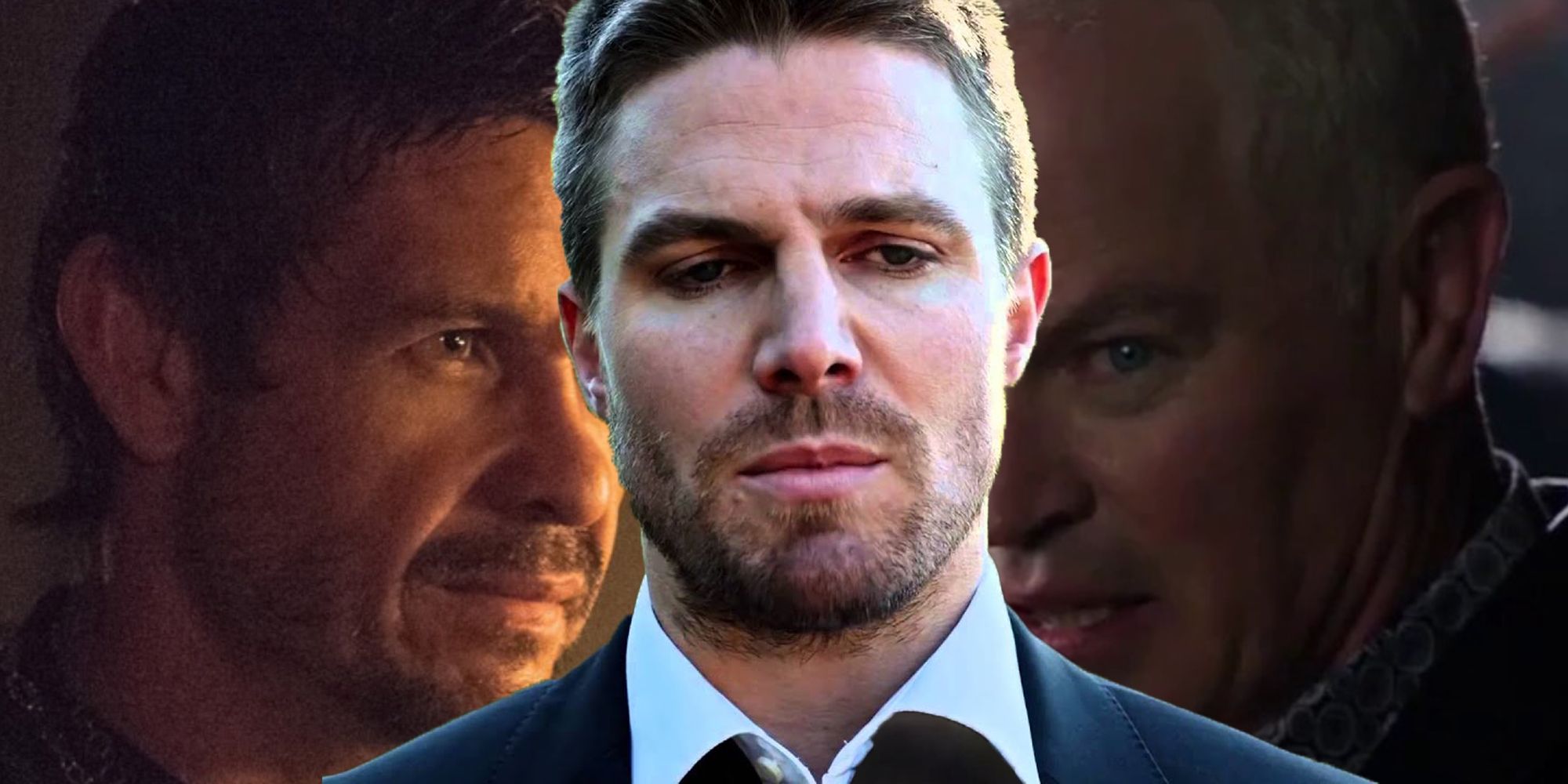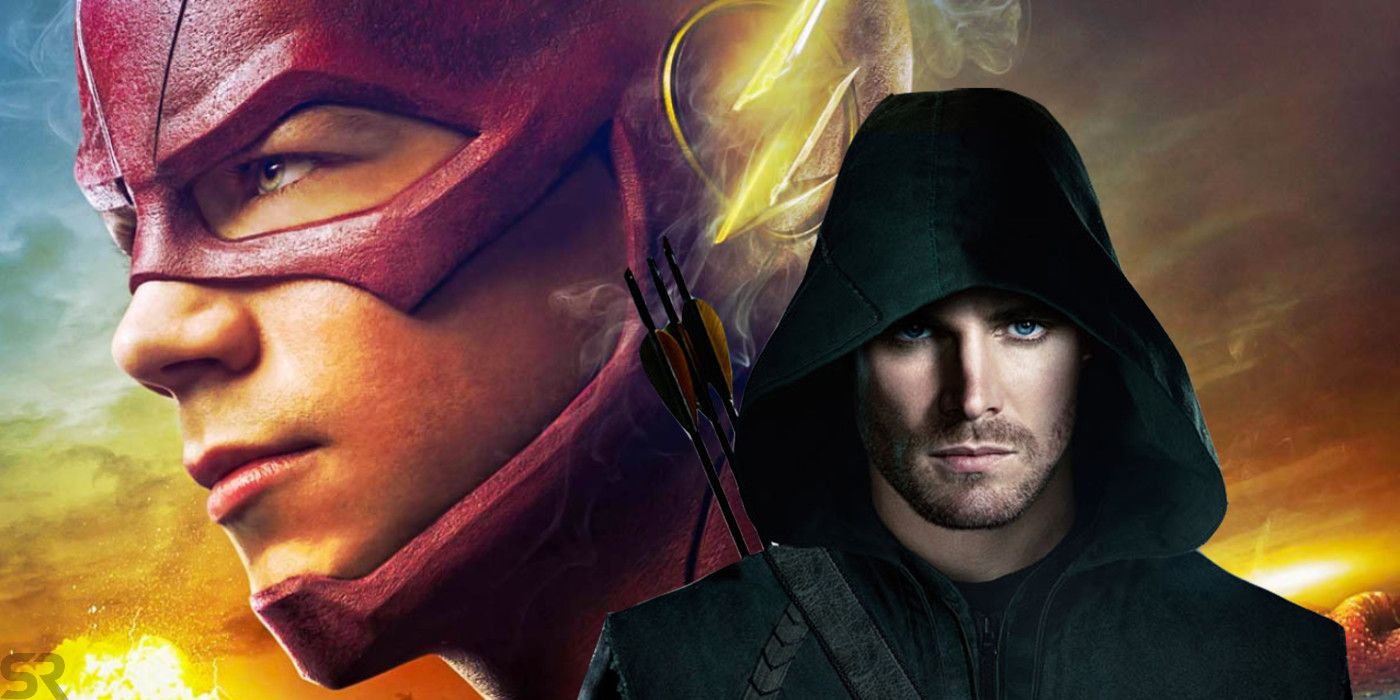Arrow was the flagship show of the entire Arrowverse - so what went wrong with seasons 3 and 4? Arrow should rightly be considered one of the greatest successes in the history of superhero TV shows. It ran for eight generally impressive seasons, and an entire shared universe of sister shows were launched from it. Although the show launched with the same kind of "no powers" rule as Smallville, it gradually embraced super-powers and ended with Oliver Queen saving the Multiverse.
That doesn't mean there were no stumbles along the way. Arrow seasons 3 and 4 are regarded as sub-par, with both critics and audiences reacting negatively. This is particularly disappointing given the showrunners certainly couldn't be faulted for their ambition; they were clearly aiming to build on the foundation previously established and change the franchise for the better. And yet something just didn't click.
Ironically, the core problem was probably the fact Arrow was inspiring superhero spin-offs. It's not uncommon for a spin-off to unwittingly damage its "parent" show, simply because writers, showrunners, and executive producers find themselves distracted getting the new shows off the ground; even Stargate SG1 suffered when Stargate Atlantis was launched. It didn't help that, in this case, the transition from Arrow to Arrowverse was far from organic. Arrow had typically been a grounded franchise, but now the Emerald Archer existed in a world of super-speedsters and sorcerers. Even Stephen Amell found himself disappointed with Arrow season 4. "There's a lull in any relationship, where you have a come-to-Jesus moment, and that happened to me in Season 4," he observed. "We are a street-level crime-fighting show. We're at our best when we're focused on those things." He openly noted season 5 could be the end of the road.
The most successful superhero franchises are those that have a clear theme and concept behind them. That's true in the comics, where the X-Men stand for the battle for equality, where Superman acts as a symbol of American self-identity, and where Ghost Rider is a Spirit of Vengeance incarnate. It's true with superhero TV adaptations as well, and for Arrow, the core theme is the redemption of Oliver Queen, as he attempts to battle against a tide of corruption. The supernatural threats of Ra's al Ghul and Damien Darhk just didn't fit with Arrow on a tonal or thematic level. The sci-fi addition of Ray Palmer was just as awkward. It's notable that both Darhk and Ray Palmer were moved over to Legends of Tomorrow, where they proved a much better fit. The writers seem to have been aware of the problem, struggling to build momentum for Darhk in particular.
Essentially, in seasons 3 and 4 Arrow lost its identity; it forgot what differentiated it from every other superhero show. Coming out of season 4, the showrunners chose to mix things up a bit, to return to some of the central themes and concepts that lie at the heart of Arrow. They figured out new ways to do the flashbacks, using them to help develop the backstory of other characters rather than just Oliver Queen and then pivoted to using flash-forwards instead. In so doing, they successfully established what will hopefully prove to be Arrow's spiritual successor, Green Arrow and the Canaries.


